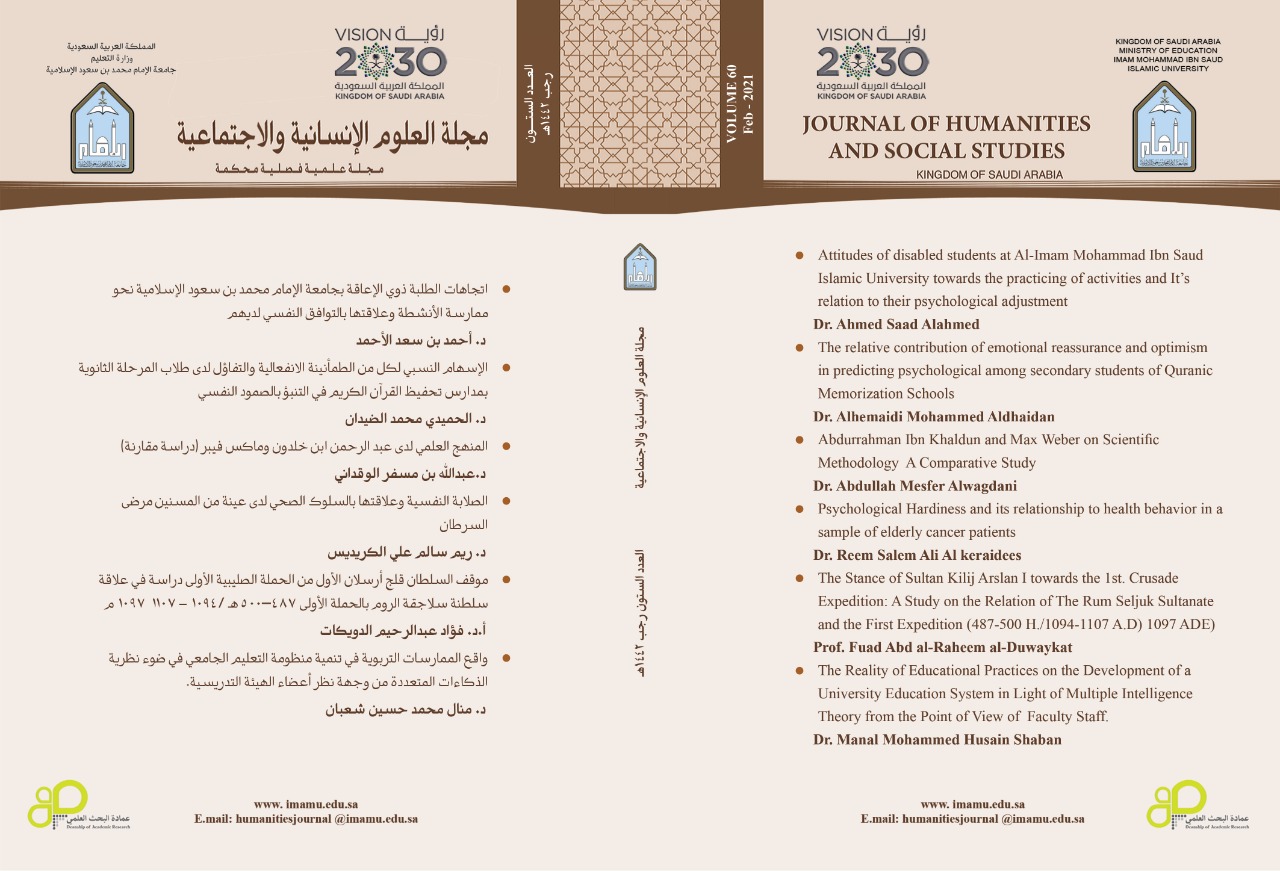Abdurrahman Ibn Khaldun and Max Weber on Scientific Methodology A Comparative Study
Keywords:
Abdulrahman Ibn Khaldun, Max Weber, science, scientific methodology and ethics of science.Abstract
Abdulrahman Ibn Khaldun and Max Weber’s analyses of scientific methodology have been the subject of many kinds of research and studies. Despite the enormous interests in Mugaddemah and Weber’s various works, there has been no study that shows the extent to which their views of science and its ethics are compatible. Hence, this comparative study aims at showing the similarities and the differences between their ideas of science and science ethics. In doing so, it seeks to evaluate their analyses of the nature of social reality, kinds of science, causality, comparative historical method, and ethics of science. This study reveals that Ibn Khaldun and Weber agree on the nature of social reality and reject causal monism and the existence of laws governing social life. At the same time, they differ in their classifications of science since Ibn Khaldun classifies science as self-intended sciences and unintended sciences, and Weber classifies science as natural sciences and human sciences. The study shows that Ibn Khaldun employs a comparative historical approach to study social phenomena while Weber utilizes it to highlight unique cases. Despite their agreement on the importance of scientific ethics, Ibn Khaldun focuses on ethics of science and the ethics of youth education, but; Weber is concerned with ethics of science and ethics of university education.




